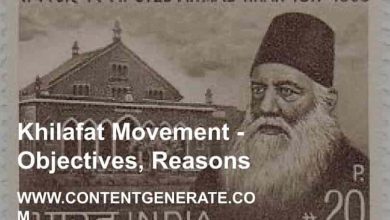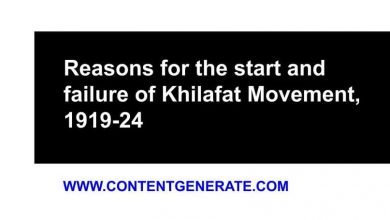Reforms of Nawaz Sharif- Construction of Asia’s first Motorway and Going Nuclear
This article discusses the policies introduced by Nawaz Sharif and their impact on Pakistan. These reforms include the construction of the Lahore-Islamabad Motorway, Nuclear Tests in 1998, and the Shariat Bill passed by National Assembly. The reforms introduced in his last tenure as prime minister of Pakistan are not included in this discussion.
|
Contents Reforms |
Impact |
Transport DevelopmentNawaz Sharif wanted to link Pakistan with countries located in Central Asia. For this purpose, he wanted to build a fast transportation network that would create opportunities for underdeveloped areas of the country where the roads would pass. Development of such a network of roads would have resulted in a reduction in the existing burden of both freight and passenger traffic. MotorwayPakistan and South Asia’s first motorway, the M2, also known as Lahore-Islamabad Motorway was completed in November 1997. |
Nawaz Sharif’s government was dismissed by President both in 1991 and 1999. He did not have had enough time to materialize the projects. However, Pakistan and South Asia’s first motorway was completed in 1997 which along with efficient transport facilities which have greatly reduced the travel time between Lahore and Islamabad.
|
Nuclear TestingIndia tested its nuclear bombs on 13th May 1998 creating an uncertain political atmosphere in South Asia and World. With these tests, India adopted a more hostile attitude towards Pakistan. It threatened to attack Azad Kashmir and take it under its control. Nuclear tests followed by the aggressive attitude of India, provoked Pakistan to think about going nuclear. But, the international community was urging Pakistan not to test and accept huge international economic aid in return. This international offer could not be long lasting and a nuclear India would be too detrimental to the existence and national interests of Pakistan. Despite mounting international pressure to avoid testing atom bombs, the then Prime Minister of Pakistan, Mr. Muhammad Nawaz Sharif’s government carried out a series of nuclear tests in Balochistan in response to India’s nuclear test on 11 and 13 May 1998.
|
Impact of Nuclear Test on Pakistan
|
The Shariat BillOne of the much-criticized reforms that Sharif tried to enforce in the country was the Shariat Bill that he got passed from the parliament in May 1991. This meant the Quran and Sunna would be the law of the land in their strictest sense.
|
The government of Nawaz Sharif could not implement this law despite getting passed by the national assembly. The opposition opposed the new law. On the other hand, religious groups show their disappointment with the government’s failure to enact the new sharia law. |

